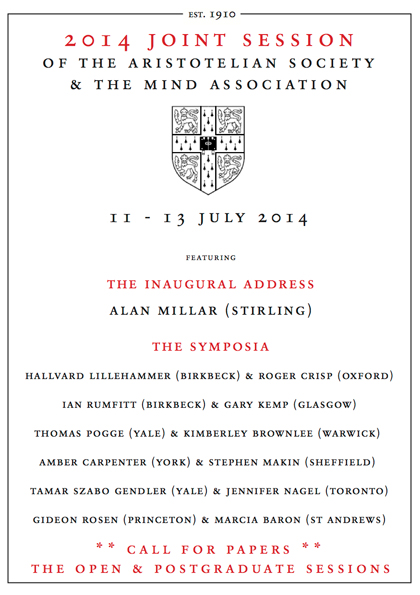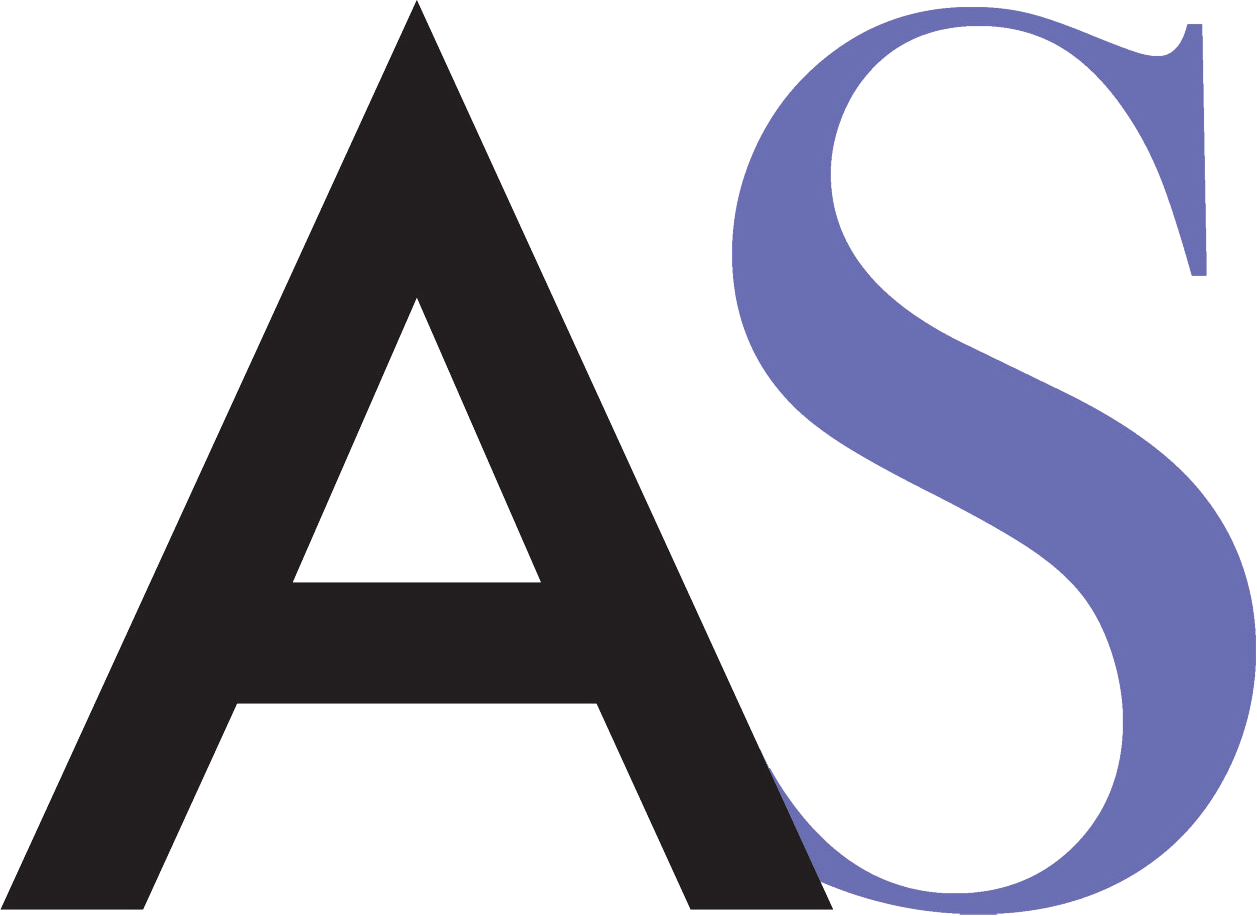Chaired by Tim Button (Cambridge)
Truth and Meaning
Ian Rumfitt (Birmingham)
Abstract
Should we explicate truth in terms of meaning, or meaning in terms of truth? F.P. Ramsey, A.N. Prior and P.F. Strawson all favoured the former approach: a statement is true if and only if things are as the speaker, in making the statement, states things to be; similarly, a belief is true if and only if things are as a thinker with that belief thereby believes them to be. I defend this explication of truth against a range of objections. Ramsey formalised this account of truth (as it applies to beliefs) as follows: B is true =df ($P)(B is a belief that P Ù P); in §1, I defend this formula against the late Peter Geach’s objection that its right-hand side is ill-formed. Donald Davidson held that Ramsey and co. had the whole matter back to front: on his view, we should explicate meaning in terms of truth, not vice versa. In §2, I argue that Ramsey’s approach opens the way to a more promising approach to semantic theorizing than Davidson’s. Ramsey presents his formula as a definition of truth, apparently contradicting Alfred Tarski’s theorem that truth is indefinable. In §3, I show that the contradiction is only apparent: Tarski assumes that the Liar-like inscription he uses to prove his theorem has a content, but Ramsey can and should reject that assumption. As I explain in §4, versions of the Liar Paradox may be generated without making any assumptions about truth: paradox arises when the impredicativity that is found when a statement’s content depends on the contents of a collection of statements to which it belongs turns pathological. Since they do not succeed in saying anything, such pathological utterances or inscriptions pose no threat to the laws of logic, when these are understood as universal principles about the ways things may be said or thought to be. There is, though, a call for rules by following which we can be sure that any conclusion deduced from true premisses is true, and hence says something. Such rules cannot be purely formal, but in §5 I propose a system of them: this opens the way to the construction of deductive theories even in circumstances where producing a well- formed formula is no guarantee of saying anything.
Biography
Ian Rumfitt studied philosophy at Balliol College, Oxford, and at Princeton University, and has taught it at Keele University, the University of Michigan at Ann Arbor, and back at Oxford, where he was for seven years a Tutorial Fellow of University College. He has held a position at Birkbeck University of London since 2005. He works mainly in philosophy of language and logic, and in the history of analytic philosophy (Frege) with forays into metaphysics and the philosophy of mathematics.

Hyperintensional Truth-Conditions
Gary Kemp (Glasgow)
Abstract
A response to certain parts of Rumfitt’s paper: I defend Davidson’s project in semantics, suggest that Rumfitt’s use of sentential quantification renders his definition of truth needlessly elaborate, and pose a question for Rumfitt’s handling of the strengthened Liar.
Biography
Gary Kemp is a senior lecturer at the University of Glasgow. He’s written books and papers on the Philosophy of Language and Philosophical Logic (recently: Quine versus Davidson: Truth, Reference and Meaning, and What is this thing called Philosophy of Language?), and a few papers in Aesthetics. He earned his Ph.D. in 1993 from the University of California at Santa Barbara.
further info
88th joint session
of
the aristotelian society & the mind association
11 to 13 July 2014
Faculty of Philosophy
University of Cambridge
Sidgwick Avenue
Cambridge, CB3 9DA
United Kingdom
The local organiser is Dr. Tim Button
Further information regarding conference arrangements and registration will be available in early 2014
future joint sessions

lxxxvx
2017 joint session:
TBA
7 – 9 july 2017
Further information regarding future Joint Sessions will be posted here throughout the year. Please check back later for updates.
supplementary volume
The inaugural address and symposia for the Joint Session are published in the Proceedings of the Aristotelian Society, Supplementary Volume, which is published digitally and in hardcover every June. The Supplementary Volume is sent to subscribing members of the Society in categories 4 and 5.
Members in other categories can purchase the hardcover Supplementary Volume from the Online Shop. Volumes will also be available at the registration desk during the conference.
The hardcover volume is printed in black on an 80gsm white book wove stock accredited by the Forest Stewardship Council (FSC). Binding is in dark blue Arbelave Library Buckram over 2500 micron boards blocked in gold on the spine. This makes for a strong, attractive and durable book with a scuff resistant and wipeable cover.
Subscriptions to the Supplementary Volume also includes online access via Wiley Online Library (please note that one-off purchases of the hardcover volume do not include membership or online access).
Learn more about the Supplementary Volume, including info on how to subscribe to the 2014 edition
Latest Release: View the abstracts and full papers for the 2013 Supplementary Volume LXXXVII

past conferences

subscribing memberships
Subscribing members receive online access to the Proceedings from 2000 to the most current issue.
Subscribing members also receive the bound, hardcover volume of the latest Proceedings through the post.
Learn more about subscribing memberships with the Aristotelian Society



